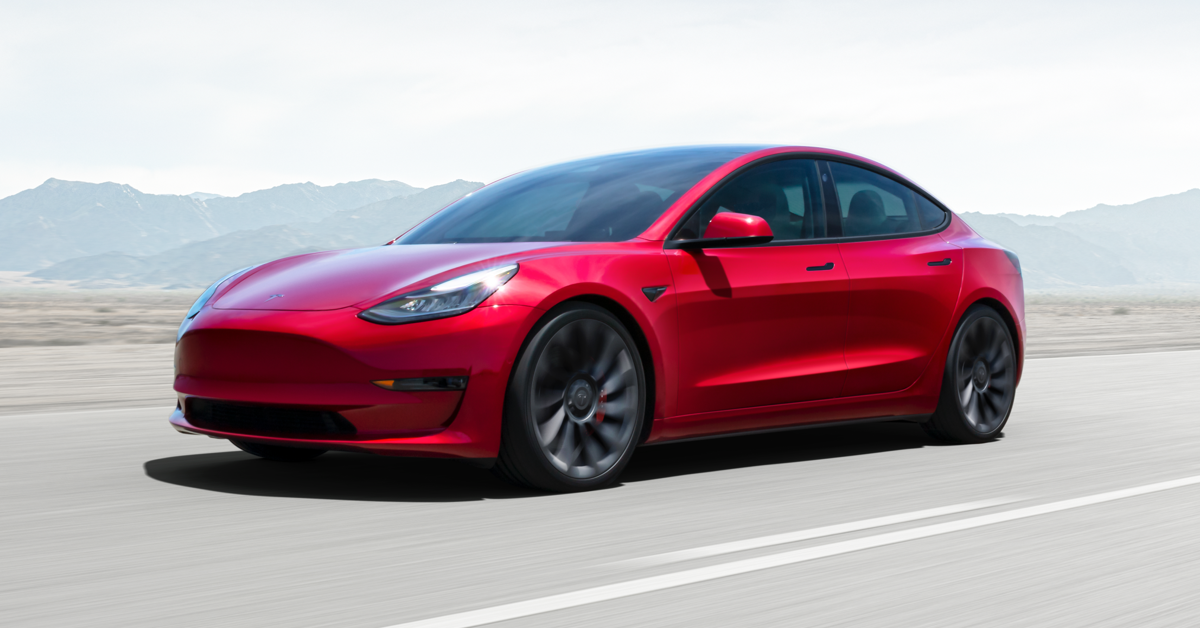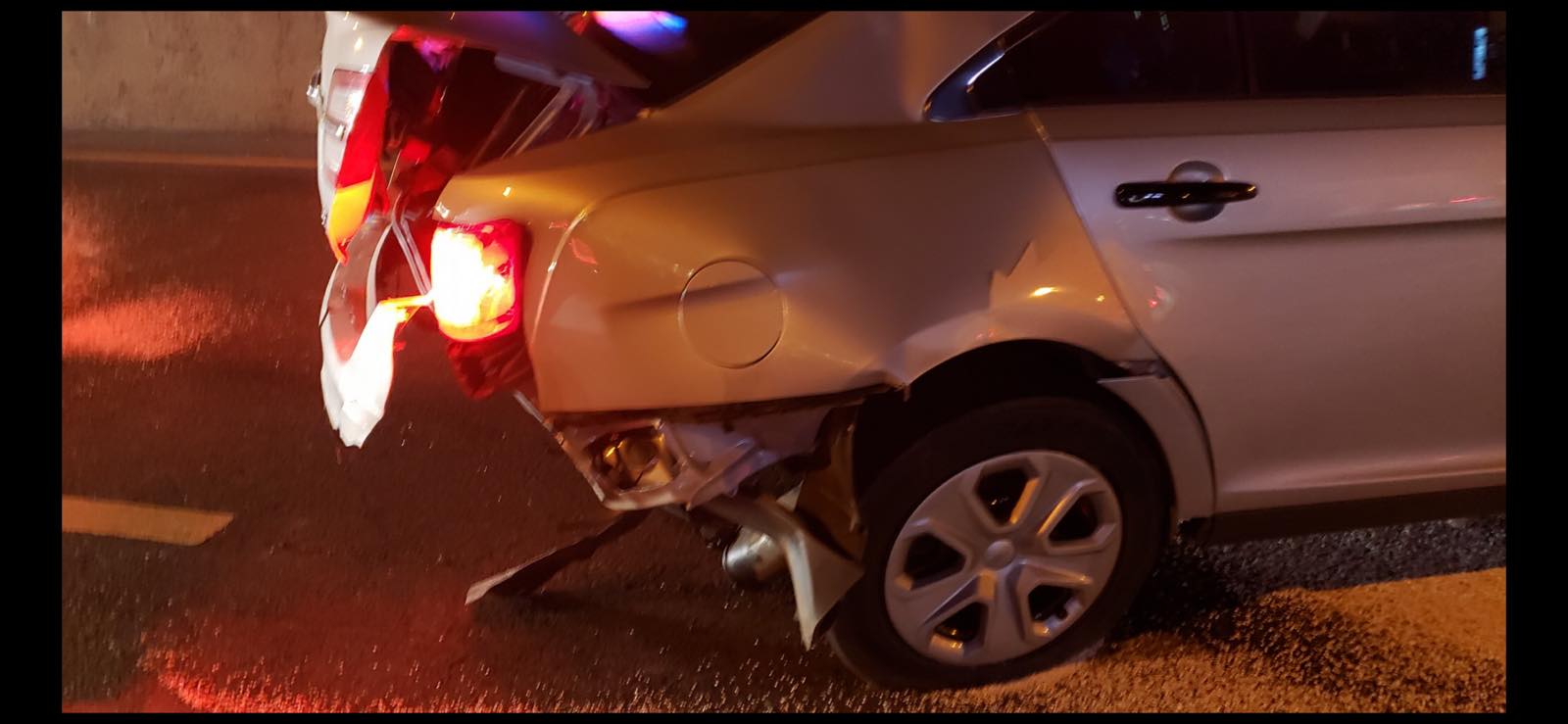Legal victory for Tesla in the United States after it won another in a series of US lawsuits (and federal investigations) over fatal accidents and its Autopilot driver assistance system.
Reuters reported that the civil court legal action filed in Riverside County Superior Court in California, had alleged Tesla’s Autopilot system had caused 37 year-old Micah Lee’s Model 3 to suddenly veer off a highway east of Los Angeles at 65 miles per hour (105 km per hour) back in 2019.
The EV then struck a palm tree and burst into flames.
It comes as Tesla critics say the EV company has lulled drivers into a false sense of security with public statements about Autopilot’s capabilities and with a product design that allows their attention to wander while the system controls the vehicle.

Not guilty
Tesla was found not to be liable for the death of a Micah Lee whose vehicle crashed while allegedly driving in Autopilot, a jury decided Tuesday.
Lee’s family, who were passengers in the vehicle, accused Tesla of knowing that Autopilot was defective when it sold them the car.
Two passengers were seriously injured including a then-8-year-old boy who was disemboweled.
The trial involved gruesome testimony about the passengers’ injuries, and the plaintiffs asked the jury for $400 million plus punitive damages, Reuters reported.
But in a 9-to-3 decision, the California jury found in favour of Tesla.
Tesla denied liability, saying Lee had consumed alcohol before getting behind the wheel.
The electric-vehicle maker also argued it was unclear whether Autopilot was engaged at the time of the crash, and it argued the crash was caused by human error.
Trial reaction
Jonathan Michaels, an attorney for the plaintiffs, reportedly expressed disappointment in the verdict but said in a statement that Tesla was “pushed to its limits” during the trial.
“The jury’s prolonged deliberation suggests that the verdict still casts a shadow of uncertainty,” he reportedly said.
According to Reuters, Tesla said its cars are well designed and make the roads safer. “The jury’s conclusion was the right one,” the company reportedly said in a statement.
This was Tesla’s second victory in a series of cases arguing that the company should be held liable when its vehicles crash while using advanced driver-assist systems such as Autopilot.
Earlier this year Tesla won its first jury trial for a non-fatal Autopilot-linked accident, after Justine Hsu had alleged Autopilot had caused her Model S to suddenly veer into the centre median of a Los Angeles street, injuring her.
Tesla had won that earlier Los Angeles trial by saying it tells drivers that its technology requires human monitoring, despite the “Autopilot” and “Full Self-Driving” names. Jurors reportedly told Reuters after that verdict that they believed Tesla warned drivers about its system and driver distraction was to blame.
Federal investigations
Tesla is not out of the woods yet, as it faces other civil trials and lawsuits over similar allegations.
Tesla is also facing a lawsuit that allege false range claims. It came after it was alleged that Tesla had created a secret “Diversion Team” in Nevada to cancel as many range-related service appointments as possible with owners, after becoming inundated with complaints.
The Elon Musk firm is also facing a criminal probe by the US Department of Justice over claims its vehicles can drive themselves.
In addition, the National Highway Traffic Safety Administration (NHTSA) has been investigating the performance of Autopilot after identifying more than a dozen crashes in which Tesla vehicles hit stationary emergency vehicles.

More recently the NHTSA said it was investigating a new safety issue at Tesla, after multiple complaints over loss of steering control in Model 3 and Y vehicles.





